
Study: Popularity of roadside bear viewing impacts bears and humans
Dr. Valli Fraser-Celin explores paper from Frontiers in Conservation Science on how to manage people – and bears – around roadsides in Kananaskis, Alberta.

Dr. Valli Fraser-Celin explores paper from Frontiers in Conservation Science on how to manage people – and bears – around roadsides in Kananaskis, Alberta.
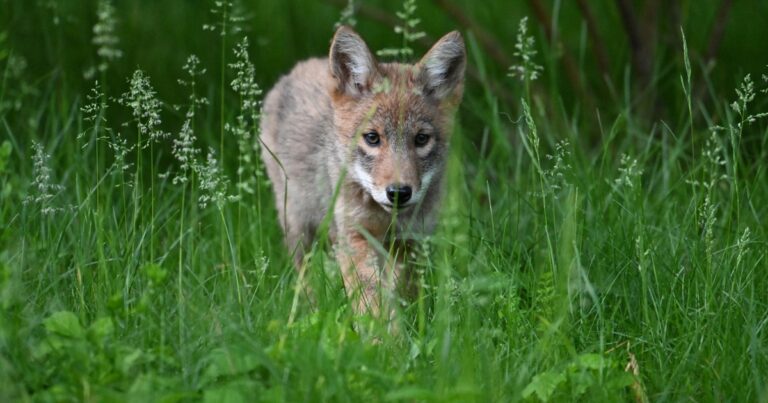
Dr. Valli Fraser-Celin reviews Cities and the Environment paper that indicates how communities can successfully coexist with coyotes.
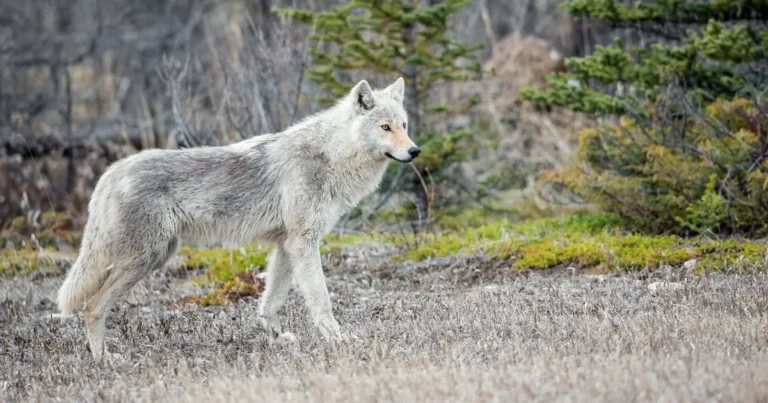
Human Dimensions of Wildlife journal includes Social landscapes of wolves in Canada in June
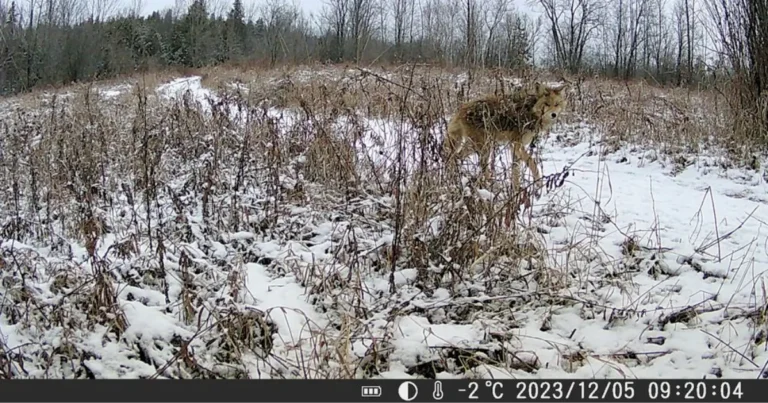
Nicole Murphy’s research looks into how the public perceives coyotes, and how the media may impact these perceptions..

Finding ways to talk about important subjects – like natural sciences – with people who don’t believe in science can be a challenge. But it’s one that Dr. Lee McIntyre takes head on.
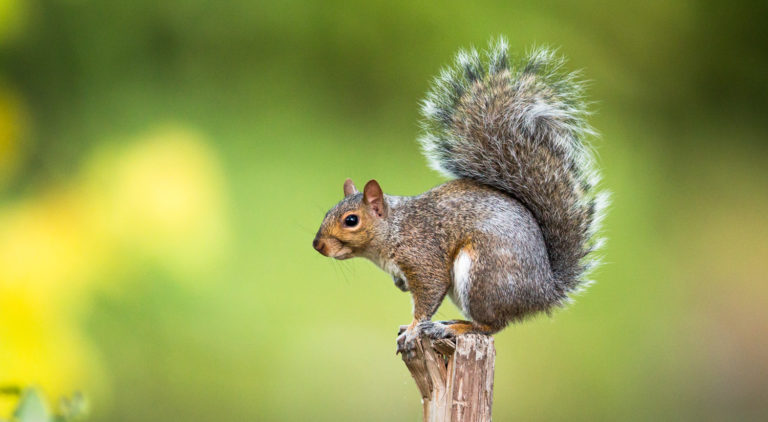
Collaboration between The Fur-Bearers and UBC students looked at attitudes and impacts of wildlife feeding.
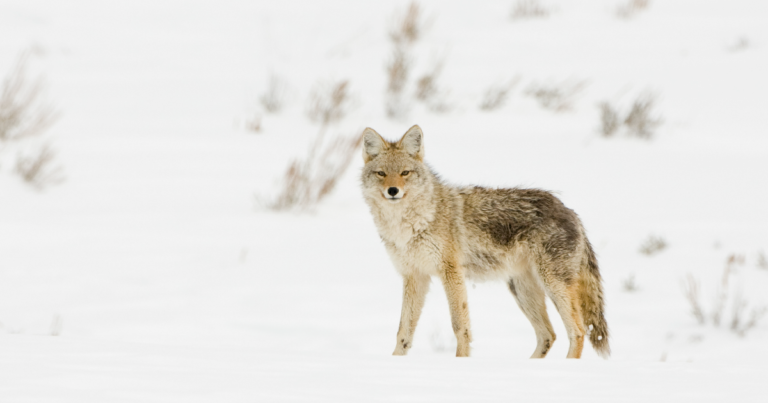
National survey reveals what Canadians think about killing neck snares and leg-hold traps.
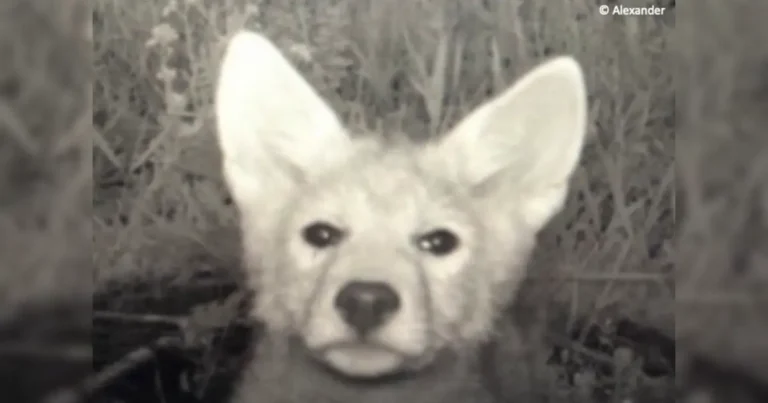
Graduate research contributes to coyote-human coexistence by examining people’s attitudes and emotions toward coyotes.
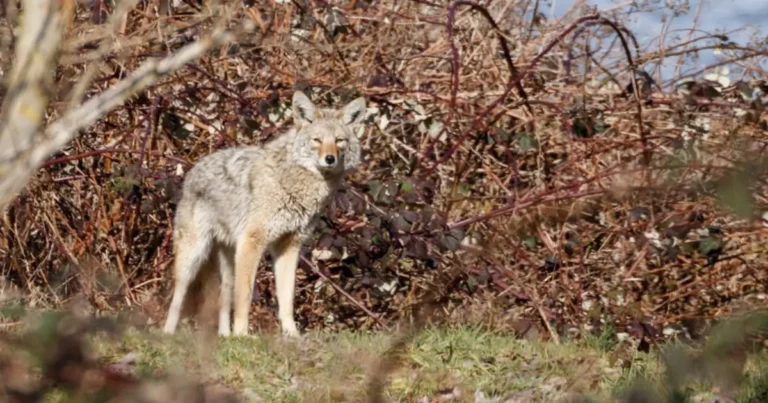
The Fur-Bearers has called for the University of British Columbia to suspend research project.
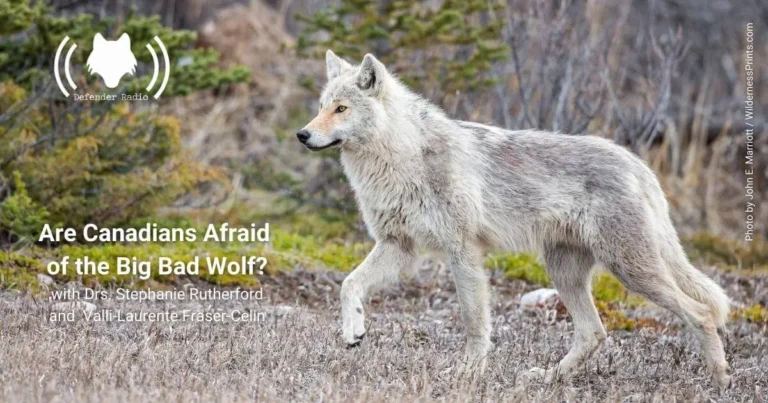
Drs. Valli-Laurente Fraser-Celin and Stephanie Rutherford join Defender Radio to discuss how the results of the perceptions of wolves survey can help.

A new article published in Frontiers in Animal Science provides a comprehensize overview into the problems of fur farming.
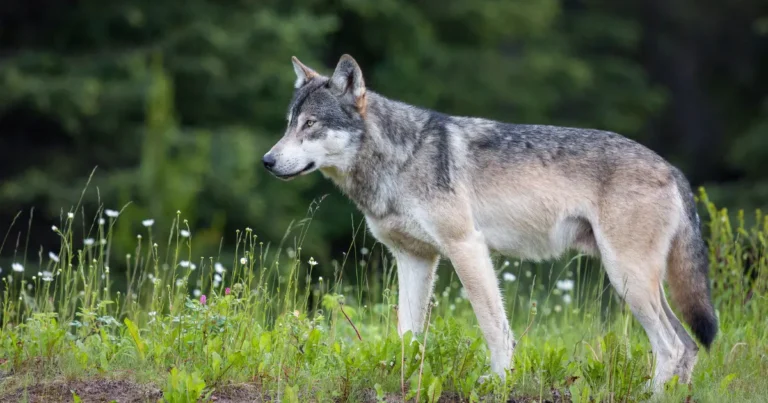
An iconic Canadian species, wolves play an important role in the country’s ecosystems. But what perspectives do Canadians have towards wolves?
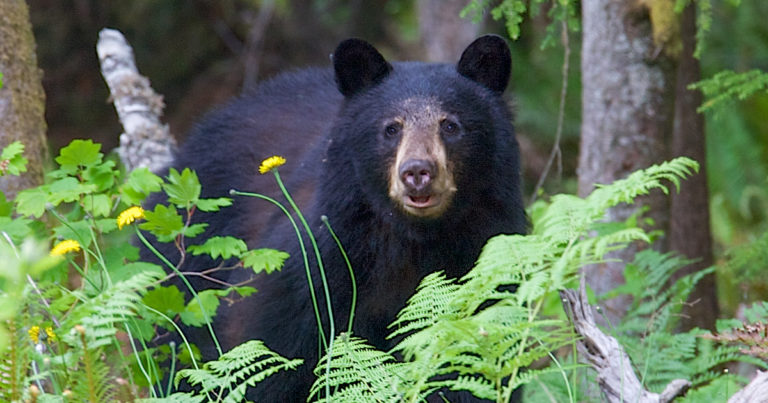
Collaborations between UBC students and The Fur-Bearers look into key issues facing wildlife in British Columbia.
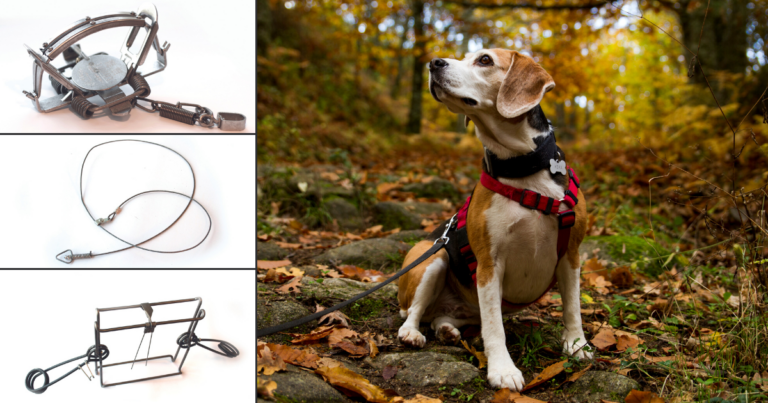
New resesarch provides insight into the number of dogs and cats being caught in wildlife traps across Canada.
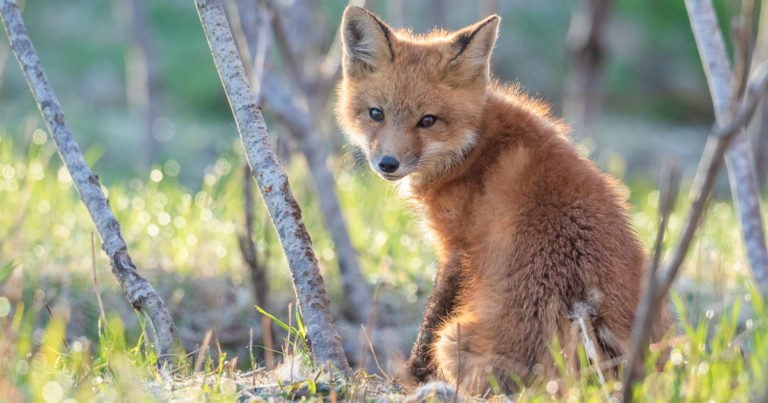
New survey explores Canadians’ understandings about humaneness and their attitudes towards animals.
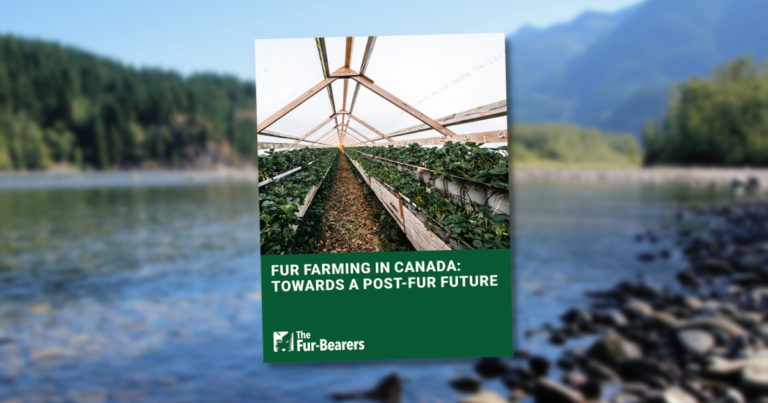
The Fur-Bearers has published a new report: Fur Farming in Canada – Towards a Post-Fur Future.
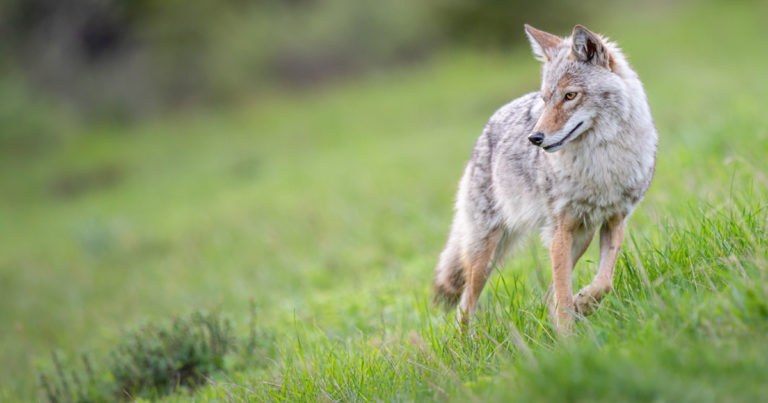
The Fur-Bearers is pleased to announce the recipients for the The Fur-Bearers Arts & Science Scholarship for 2022.
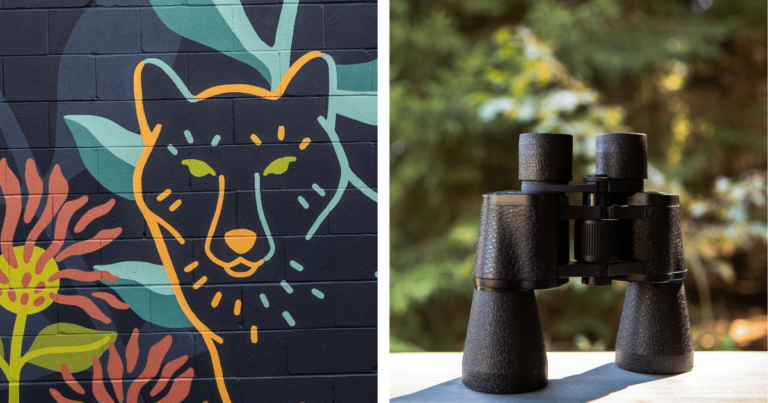
Do you have an arts-based or research project that focuses on coexisting with fur-bearing animals? You may be eligible for our scholarships!
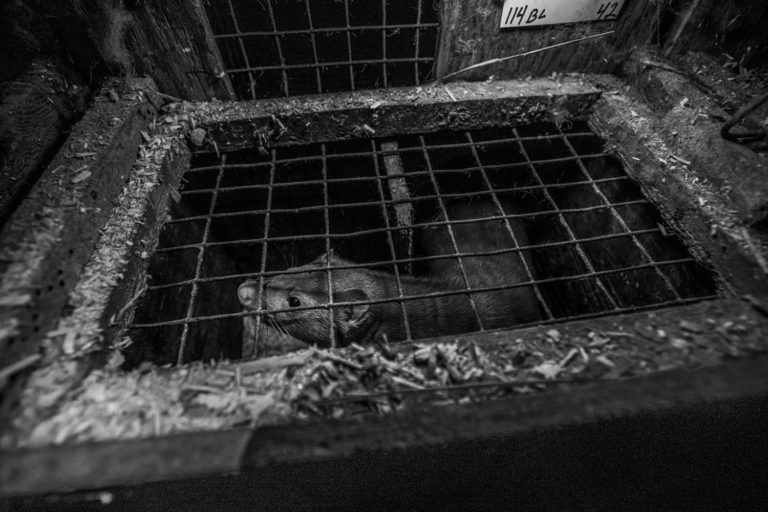
From COVID-19 oubreaks to impacts on the environment, this post compiles research published in 2022 about fur farming in Canada.
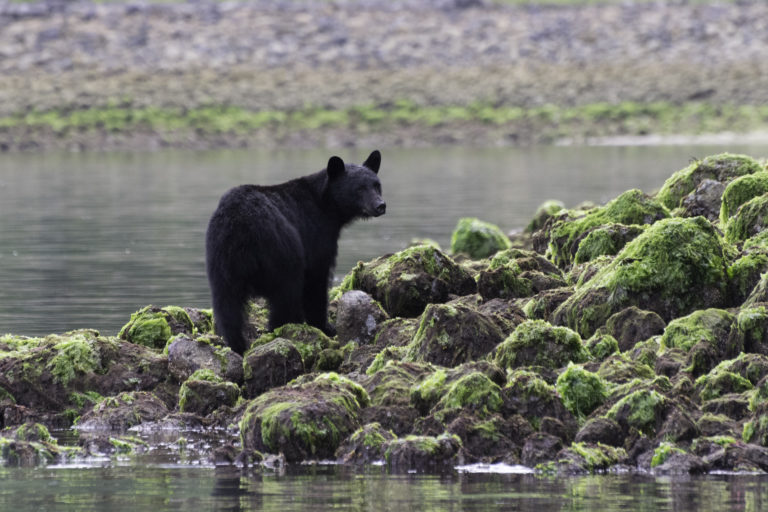
The Fur-Bearers has published data showing areas where black bears are being killed by conservation officers in British Columbia.
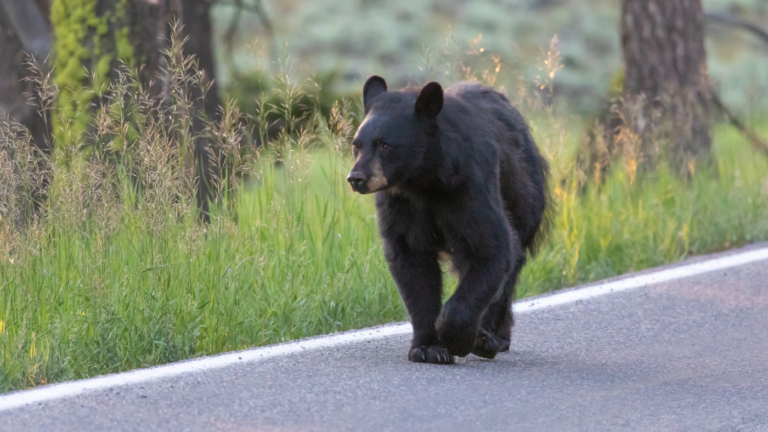
The Fur-Bearers has collaborated with UBC students on a research project that looked at the public’s perceptions of black bears in their communities.
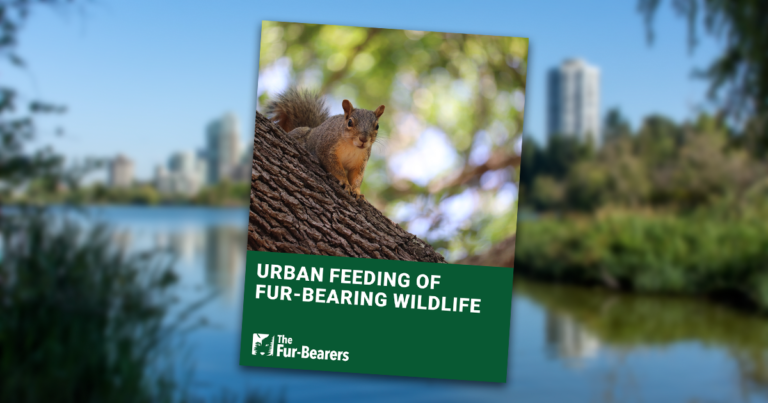
Read the latest research on urban wildlife feeding from The Fur-Bearers.
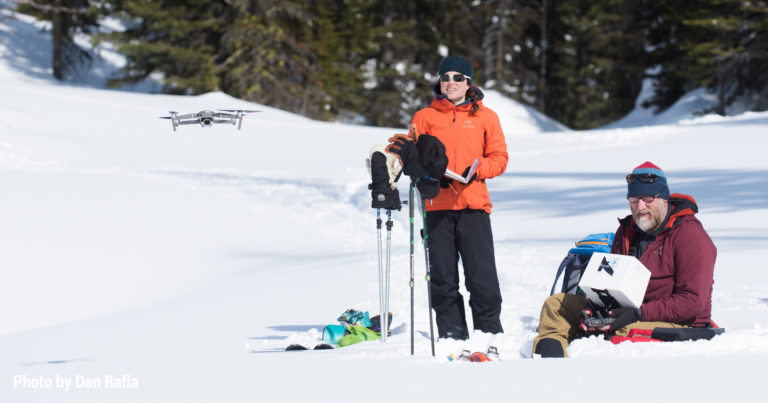
The Fur-Bearers supported research project that can help keep wolverines safe from development and human activity.
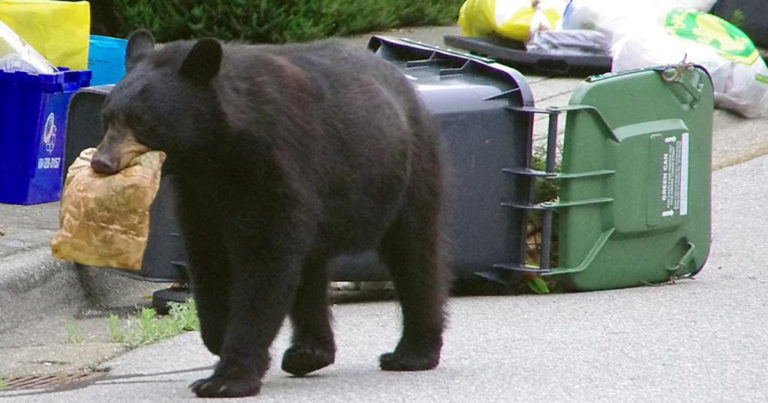
UBC student-led project sought to understand public perception on bears and conflict mitigation strategies